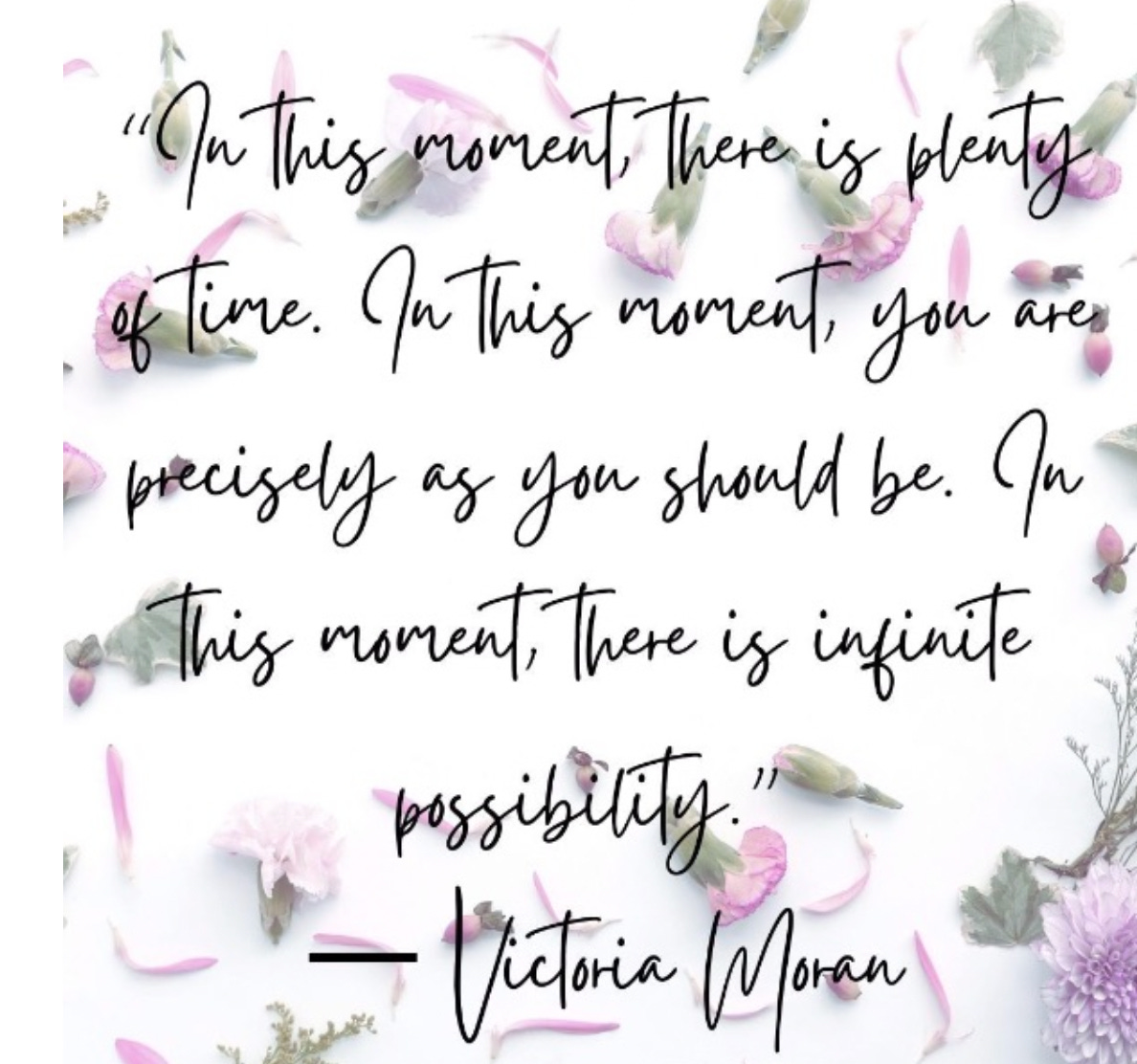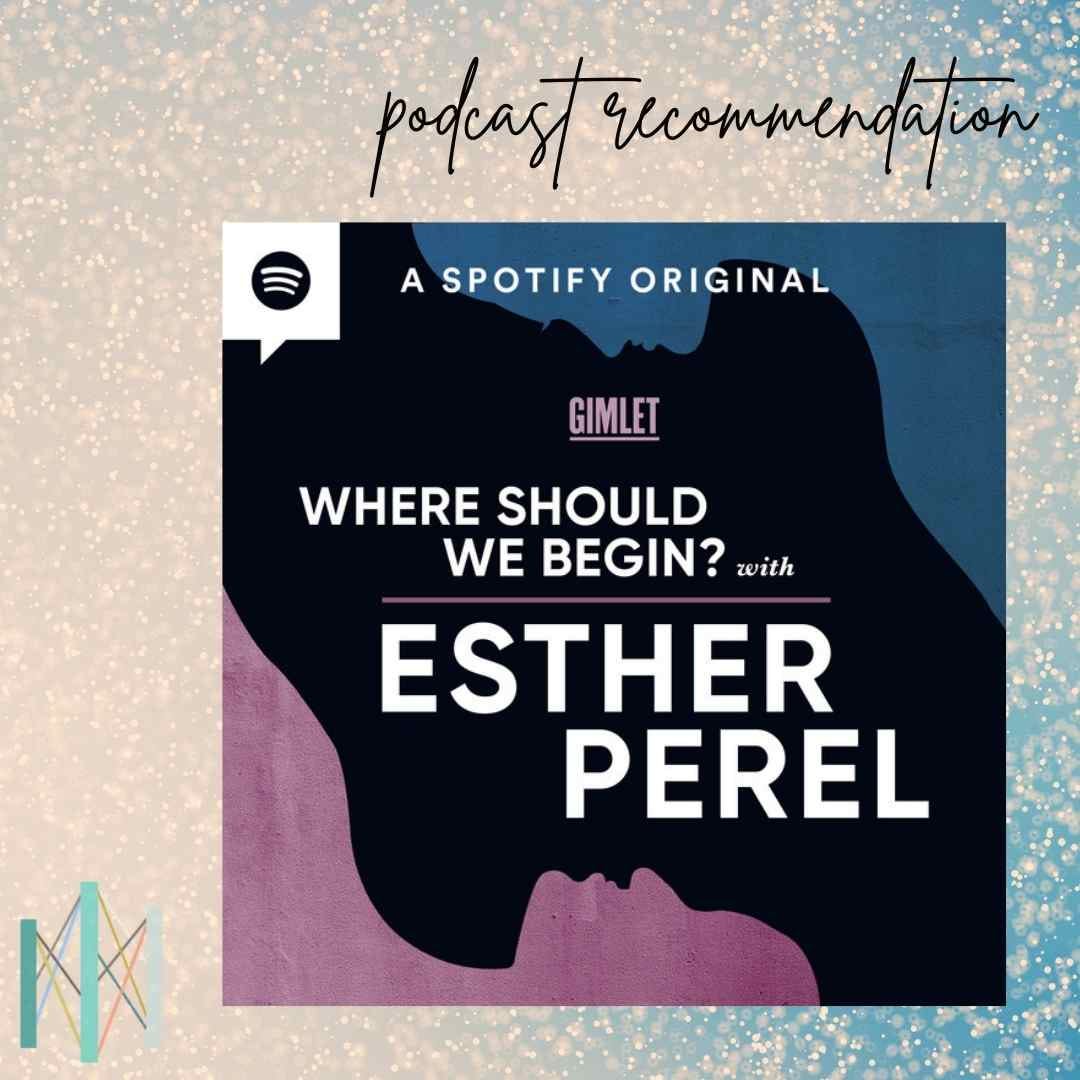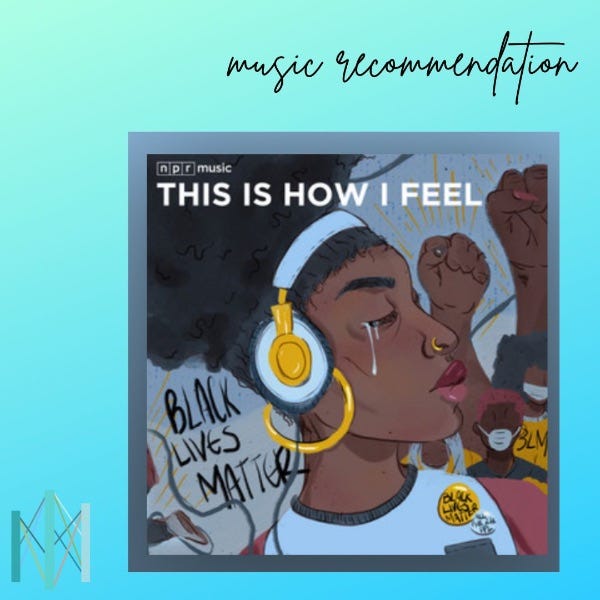Welcome to Center for Mindful Psychotherapy
A monthly newsletter from a non-profit collective of over ~100 Associate Marriage and Family Therapists, in the San Francisco Bay Area
Bringing You A Moment of Mindfulness
You might notice that our newsletter looks a little bit different this month. That’s because we’ve moved from Mailchimp to Substack. However, everything else will remain the same. This is a monthly newsletter from the Center for Mindful Psychotherapy that brings you inspiration and information about mental health, psychotherapy, and wellness.
To get started, we’re going to re-share some of the most popular pieces of past newsletters. This should re-orient you to what we’re all about and what we have to offer here so that you can decide if this newsletter is something you want to continue receiving in your inbox.
Before we dig in, though, here's a reminder to take just a moment to land here. You do not need to multi-task. You don't have to think about what's next. Be right here with these words on this page. Listen to your own heartbeat and feel your feet on the ground as you take in these ideas. We are happy to be here in this space with you.
What Does Resting Look Like?
In our June 2023 newsletter, we focused on the benefits of rest. What does resting look like?
Resting Might Mean:
Resting doesn't just mean sitting idly or taking naps, although it can mean that. It can be something you do alone or with others. Resting with others can look like napping together, snuggling, reading together aloud or silently, cooking together, etc. Resting can also mean:
Meditation: Engaging in meditation helps calm the mind, reduce stress, and promote relaxation. It involves focusing your attention and eliminating the stream of thoughts.
Breathing exercises: Deep breathing exercises, such as diaphragmatic breathing or alternate nostril breathing, can help slow down the heart rate, lower blood pressure, and induce a state of relaxation.
Mindfulness: Practicing mindfulness involves paying attention to the present moment, without judgment. This can be done during various activities, such as eating, walking, or even washing dishes, allowing you to find rest within the present experience.
Nature walks: Spending time in nature has a restorative effect on the mind and body. Taking a walk in a park, forest, or any natural setting can help reduce stress and increase a sense of calm and well-being.
Creative pursuits: Engaging in creative activities such as painting, drawing, writing, or playing a musical instrument can be both restful and rejuvenating. It allows your mind to focus on something enjoyable and helps to relieve stress.
Mindful movement: Engaging in gentle exercises like yoga, tai chi, or qigong combines movement with mindfulness. These practices promote relaxation, flexibility, and overall well-being.
Listening to soothing music: Playing calming music or sounds, such as nature sounds or instrumental melodies, can create a peaceful atmosphere and aid in relaxation.
Taking a warm bath: A warm bath with added salts, essential oils, or bath bombs can help relax your muscles, reduce tension, and create a serene environment for rest.
Progressive muscle relaxation: This technique involves tensing and then relaxing each muscle group in your body, starting from your toes and moving upward. It helps release physical tension and promotes a state of relaxation.
Engaging in hobbies: Pursuing activities you enjoy, whether it's gardening, cooking, knitting, or playing a sport, can provide a sense of fulfillment and relaxation, allowing you to rest in a different way.
Grounding Technique: A-Z Poem
In our May 2022 newsletter, we shared this grounding technique from MoMA Learning and wanted to share it with you. It's a really creative way to bring yourself into the present moment and to soothe your nervous system.
You write the letters of the alphabet vertically, from A-Z. Each line of the poem begins with these letters. "The letters work as anchors to the present moment." This is a structured experience that gives your brain something creative to focus on, which helps stop ruminating thoughts.
You don't have to be a writer or poet to benefit from this creative exercise.
Check It Out Here.
Note: that link takes you to Twitter/ X …
Finding it hard to authentically express gratitude?
In our November 2023 newsletter, we shared the benefits of gratitude practice but acknowledged that sometimes it’s hard to feel gratitude/
Despite awareness of all of these benefits, you may find that it's just too challenging to authentically feel or express gratitude in the midst of really troubling times. That's okay. Start by acknowledging to yourself what you do feel. Then try these things:
Self-Compassion: Instead of focusing on gratitude, shift your attention to self-compassion. Be kind and understanding to yourself during tough times. Recognize that it's okay to feel the way you do, and practice self-care to nurture your emotional well-being.
Acceptance: Practice acceptance of your emotions and the circumstances you're facing. By acknowledging the challenges and accepting your feelings as they are, you can reduce the pressure to feel grateful. It's essential to embrace your authentic emotions without judgment.
Mindfulness: Engage in mindfulness techniques to stay present and aware of your feelings. Mindfulness can help you navigate difficult emotions with greater ease and without the expectation of gratitude.
Emotional Expression: Talk to friends, family, or a mental health professional about your feelings. Sharing your emotions can be a cathartic experience and provide an outlet for your distress. It's okay to seek support and understanding from others.
Journaling: Instead of a gratitude journal, consider starting an emotions journal. Write down your thoughts and feelings without judgment. This process can help you process your emotions and gain insight into your experiences.
Acts of Kindness: Engage in acts of kindness, not as an expression of gratitude, but as a way to contribute positively to the world. Helping others, even when facing your challenges, can create a sense of connection and purpose.
Time and Healing: Understand that challenging times are part of life's journey. Healing and emotional recovery take time. While you may not feel grateful in the moment, it's possible that with time and reflection, you may find moments of appreciation and growth.
Seek Professional Help: If you find that your emotions are overwhelming and challenging to manage, consider seeking therapy or counseling. We can help.
In addition to those popular articles, our newsletter regularly feature a variety of resource recommendations including books, podcasts, and websites to visit. Here are a few examples from past newsletters:
"Listen to the incomparable therapist Esther Perel counsel real couples as they reveal the most intimate, personal, and complicated details of the conflicts that have brought them to her door."
In June 2020, in the wake of the George Floyd tragedy, NPR asked: "Is there one song helping you address your feelings right now?" and then created "This Is How I Feel: A Playlist By Young Black Listeners.”
Our associate therapist Dena Ehrlich recommends reading The Body is Not an Apology by Sonya Renee Taylor.
Goodreads says, "As we awaken to our own indoctrinated body shame, we feel inspired to awaken others and to interrupt the systems that perpetuate body shame and oppression against all bodies. When we act from this truth on a global scale, we usher in the transformative opportunity of radical self-love, which is the opportunity for a more just, equitable, and compassionate world--for us all."
See more of the books our therapist recommend on Goodreads
Music is the Medicine
Listen on Spotify (or right here):
Recommended Reading
We like to wrap up our newsletters with important mental health news from around the web. Since we’re just starting out here on Substack, though, we thought we would focus specifically on some writers/articles here that you might enjoy. Here are five to check out:















